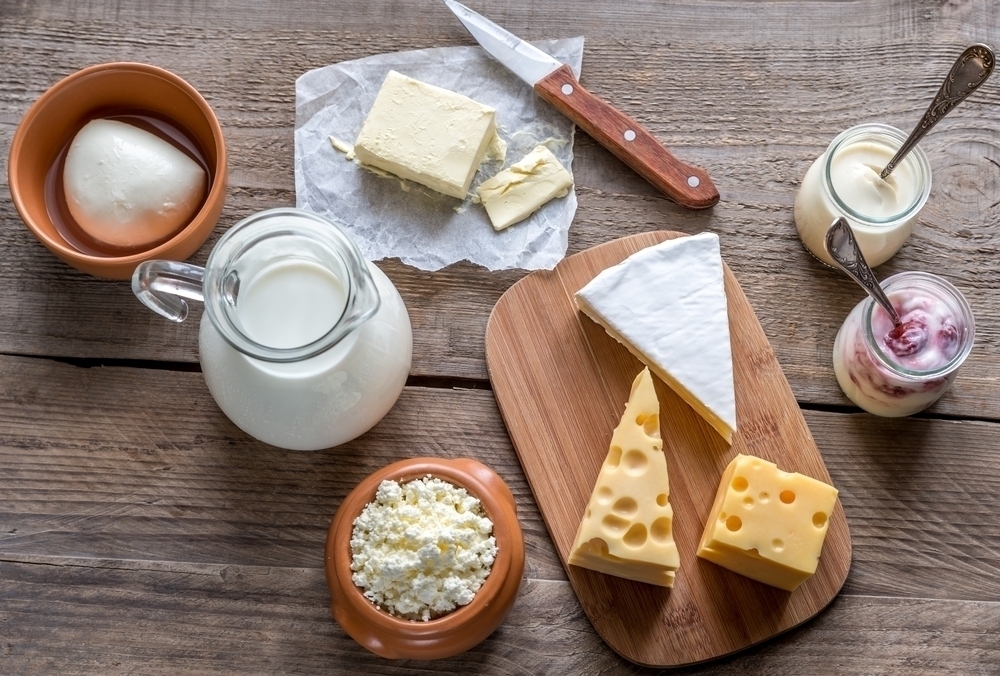Eating pop rocks with soda can make you explode. This is perhaps the most popular and most bizarre food myths of all time. Although some may argue that the two together may be a lethal combination, it is not because of its likelihood to cause human combustion. While the fate of Mikey of Life Cereal fame may be unknown, it is safe to say he did not suffer death by Poprock. With the rate at which information about food changes , it is often hard to determine which facts from fiction. Here are some of the most commonly believed food myths that may seem all too easy to believe.
Low Fat Food is Better for You
Look at food labels to determine what kinds of fats are in foods before reaching for the low fat version. Seattle based dietitian Andy Bellatti says, “A good intake of healthful fats is beneficial for cardiovascular health. Prioritize mono saturated fats and omega-3 fatty acids. Many low fat diets are high in sugar and refined carbohydrates which are increasingly becoming linked to increased heart disease.” Low fat food are often low in good fats, which are necessary to cholesterol management and absorption of nutrients and also contain high levels of sugar and sodium to compensate for the blandness of the taste quality.
Dairy Is Best For Healthy Bones
According to Bellatti, too many people confuse dairy with calcium. “Dairy contains calcium, but so do dark-leafy greens. Milk is fortified with vitamin D, just like all milk alternatives. Additionally, bone health goes beyond calcium and vitamin D.” Vitamin K is important for bone health and leafy green have it while dairy products do not. Magnesium, also absent from dairy, is important for bone health as well.

If you’re concerned about the health of your bones, you’re best bet is to make sure you get enough calcium in your diet and, as the Harvard School of Public Health points out, “milk isn’t the only, or even best source of calcium.” Collard greens, kale and bok choy may be considerably better sources of both calcium and vitamin D.
Drink 8 Glasses of Water per Day
Boston based nutritionist Alannah DiBona says there is no given rule for how much water a person needs in a day. “Water’s been touted as the cure for all sins, and in some ways, it’s true – proper hydration is necessary for just about anything body and mind-related. However sixty- four ounces per day isn’t always going to be the right number for you.” Instead, try to determine your water intake by dividing your body weight in half and trying to drink that number in ounces of water daily.
Dibona also urges us to “Remember that water is available to you through all liquids, fruits, vegetables, and that the mark of proper hydration is a very light yellow-colored urine.”
Eating Eggs Raises Cholesterol
According to DiBona, “More often than not, a person diagnosed with high cholesterol will go out of his or her way to avoid eggs, which is really unnecessary. The body’s cholesterol levels are influenced by certain saturated and trans fats; eggs contain very little saturated fat and absolutely no trans fat. Depriving yourself of an egg means foregoing 13 naturally occurring vitamins and minerals and a really delicious breakfast item.”

High Sodium Foods Taste Salty
While there is no doubt that management of salt and sodium intake are important, especially for those with diabetes and hypertension, you should know that salty taste is not necessarily characteristic of high sodium foods. Belatti explains, “While surface salt is noticeable, stealth sodium, added during processing, is harder to taste. This is why many people don’t realize that a Dunkin’ Donuts corn muffin contains as much sodium, as 9 McDonald’s Chicken McNuggets.” He stresses the importance of looking up nutrition information to check the sodium content of foods at your favorite restaurants and eateries.
What other food myths do you want to debunk? Let us know!




